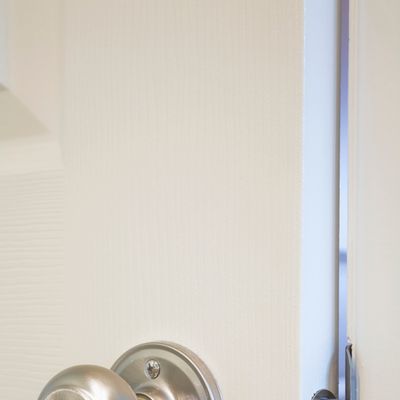
“I try pretty hard to avoid touching door handles. People make Howie Mandel jokes. Am I really avoiding some colds and flus by doing this, or is any benefit not worth the effort?”
Most of the benefit is, unfortunately, in your mysophobic mind.
Ranking effective methods for preventing colds and flus on a scale of one to ten, your doorknob aikido is a two or three, says Steven Weisholtz, M.D., chief of infectious diseases at Englewood Hospital in New Jersey. “It’s probably doing something, but not as much you might think.”
Not touching filthy things is, of course, commendable in theory. “Viruses can stay alive on objects for a period of hours, or even longer in moist environments,” says Dr. Weisholtz. By using your shirttail as knob-dam or otherwise avoiding skin contact with high-traffic items, you can reduce the likelihood of virus transfer from this route of transmission.
Sadly, viruses have many other transmission routes, and on our microbe-infested planet, you’re pretty much at their mercy. “There’s a lot you can’t control, such as when people cough or sneeze near you on the subway,” says Weisholtz. “The viruses become aerosolized, and you breathe them in.”
Resistance isn’t futile — but it’s close enough to warrant having a little philosophical acceptance. (Meaning, stop trying to do that thing where you open doors with your elbows. It’s weird.)
It’s reasonable to keep doing all the common-sense practices. Wash your hands frequently, use alcohol sanitizer, get flu shots, avoid kissing/touching/space-invading any person who looks like one of those creepy Hall’s subway ads, try not to lick your co-worker’s keyboard, etc. These measures probably help reduce colds and flus more than doorknob avoidance.
When one of the littlest New Yorkers does get inside you, take solace in knowing that your body will likely kill it. “Our immune system does a pretty good job of fighting off cold and flu viruses, and most of us have built up a certain amount of immunity,” says Weisholtz.
It’s also possible that you’re afraid of doorknobs themselves. Unfortunately, ostiumtractophobia is beyond the scope of this column. Please see a qualified mental-health provider — preferably one with a revolving door.





























